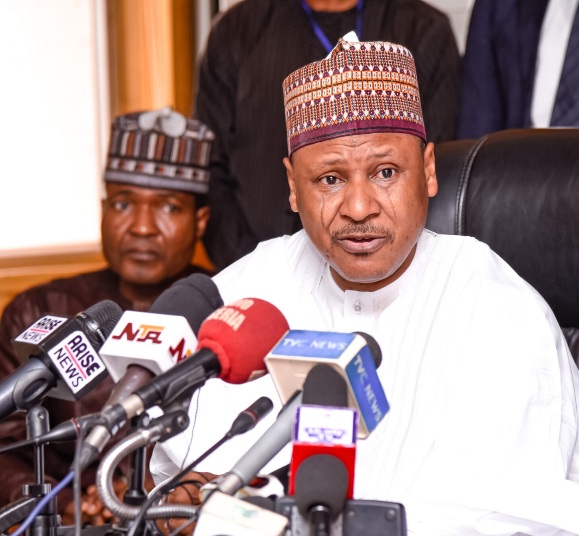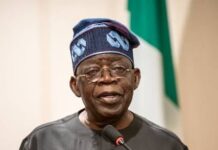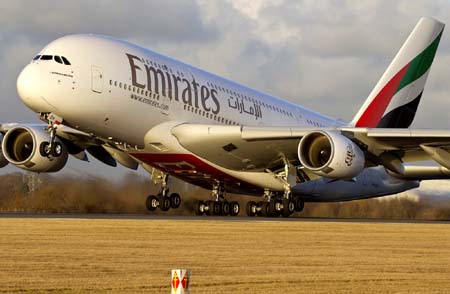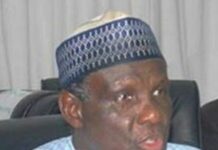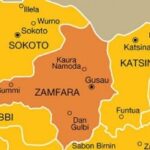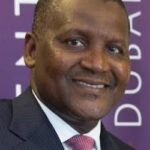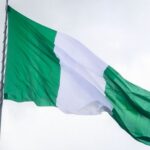Genocide and other forms of security crisis in troubled parts of the North are not due to religious factors, the Federal Government said yesterday.
It said the allegations that terrorists in the country are waging a systematic genocide against Christians are “false, baseless, despicable, and divisive.”
The Minister of Information and National Orientation, Mohammed Idris, said portraying the country’s security challenges as a targeted campaign against a single religious group “is a gross misrepresentation of reality.”
Idris also said that claim tended to oversimplify a complex, multi-faceted environment and “plays into the hands of terrorists and criminals who seek to divide Nigerians along religious or ethnic lines.”
Idris said in a statement that terrorist violence in Nigeria “is not confined to any particular religious or ethnic community,” stressing that the criminals target “all who reject their murderous ideology, regardless of faith.
He said: “Muslims, Christians, and even those who do not identify with any religion have suffered at their hands.”
The minister said government has risen to the occasion, pointing out that between May 2023 and last February, 13,543 terrorists and criminals were neutralized and nearly 10,000 hostages rescued in multiple operations across the country.
He said the top leadership of Jama’atu Ansarul Muslimina fi-Biladis Sudan (ANSARU), Nigeria’s Al-Qaeda affiliate, was captured last month in a coordinated counter-terrorism operation.
The minister said those arrested included Mahmud Muhammad Usman (aka Abu Bara’a/Abbas/Mukhtar), described as the group’s self-styled Emir, and Mahmud al-Nigeri (aka Mallam Mamuda), identified as Abu Bara’a’s proclaimed Chief of Staff and Deputy.
He said these, “feats underscore the determination and success of our security forces and expose as unfounded the notion that Nigeria is passively tolerating religiously motivated terrorism.”
Idris alluded to the imperative of accountability, saying that the Armed Forces and the Police have conducted court-martials and prosecuted officials found culpable of misconduct.
He added that “discipline and adherence to the rule of law within our security agencies” are not compromised.
The minister also drew attention to judicial intervention against extremist networks, stressing that many batches of Boko Haram suspects have been prosecuted to date, yielding over 700 convictions, with an eighth prosecution cycle underway.
He added: “Under the leadership of President Bola Tinubu, our administration remains steadfast in its commitment to upholding justice and enhancing security.”
Reaffirming Nigeria’s religious diversity, Idris described the country as a multi-religious state with large populations of both Christians and Muslims.
He described Nigeria as “home to one of the largest Muslim communities in the world, alongside some of the biggest Pentecostal churches and the largest Anglican congregation globally.”
Idris said, “Christianity is neither endangered nor marginalized in Nigeria,” adding that “the current heads of both the Armed Forces and the Police Force are Christians.
The minister emphasised that the composition is an evidence of inclusivity in national leadership.
He said the Federal Government has continued to work with international partners to address the global dimensions of terrorism, adding that it is “unwavering in its commitment to completely degrading terrorist groups and securing the lives and property of all citizens.”
Noting Nigeria’s “resilience, diversity and globally acknowledgement of its commitment to peaceful coexistence,” he alluded to the inaugural Commonwealth Peace Prize awarded in March to Rev. Dr. James Movel Wuye and Imam Dr. Muhammad Nurayn Ashafa, co-founders of the Interfaith Mediation Centre in Nigeria.
He said their decades-long work now serves as a model for peacebuilding across 56 Commonwealth countries, showing that Nigeria is showcasing tolerance “proven frameworks for interfaith harmony.
Idris condemned sensational portrayals of the security situation, urging the international media and commentators to “act with responsibility and have respect for facts,” avoid “ignorance, and divisive rhetoric,” and support efforts against terrorism and criminality.
He added: “The Nigerian story is not one of religious genocide or persecution. It is a story of a nation confronting terror with resolve, prosecuting offenders under the law, and strengthening the bonds of unity among its diverse people.”



